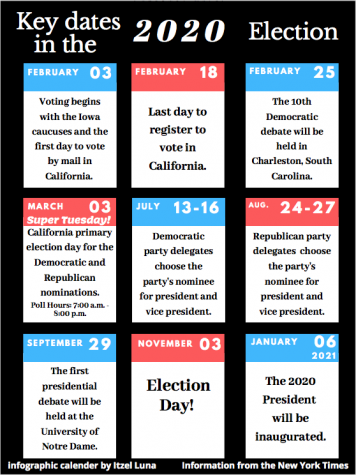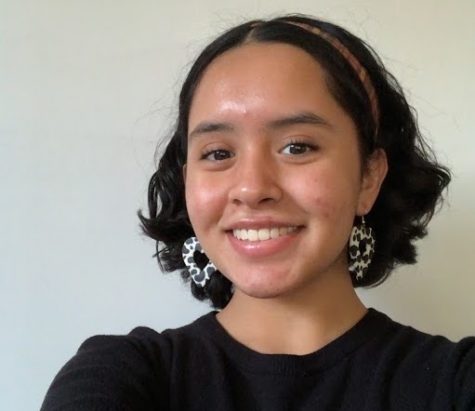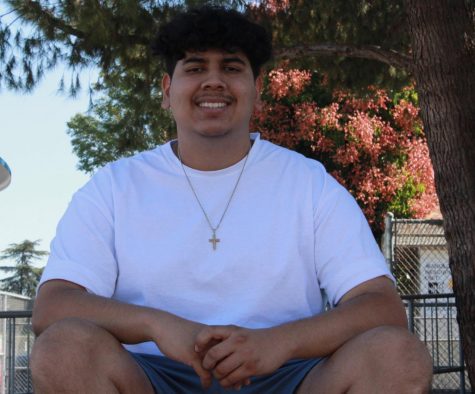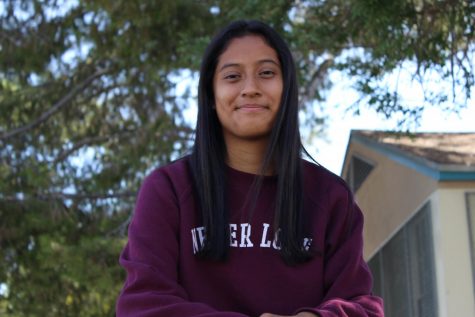Youth expected to make an impact on the primary elections
Christopher Sarenana and Maria Ruiz
March 2, 2020

In the upcoming 2020 presidential election, youth votes will prove to be especially impactful, prompting candidates to reach out to this group specifically.
With the California primary election on March 3 fast approaching, presidential hopefuls are reaching out to prospective voters, including the growing number of youth voters. In the wake of President Donald Trump’s 2016 election, voter turnout has increased exponentially with a shocking 36 percent in the 2018 midterm elections, a 79-percent jump from 2014, according to the United States Census Bureau. This proves to be especially true among youth voters. The Census Bureau also found that the youth made up 35.6 percent of all voters in the same election and the candidates are now hoping to appeal to them.
“I’m planning on voting for the person that has the best chance of beating whichever Republican nominee there is,” senior Cuyler Huffman, who will be eligible to vote in the upcoming election said. “I want to see someone who can appeal to the general public, not just Democrats.”
With Generation Z being the most liberal and anti-Trump age group so far according to a Pew Research Center study, even more than millennials, statements like these are not uncommon. More so than anything, young voters are looking for candidates whose views coincide with their own. For Huffman and many other first-time voters, these issues include climate change, education, gun violence and immigration. Candidates like Vermont Senator Bernie Sanders are especially popular among young voters for their stances on these topics.
“I know Bernie Sanders is big with youth,” Huffman said. “They appeal to what a lot of the youth stand for.”
Candidates like Sanders also use campaign tactics like celebrity endorsements from popular voices like Cardi B and Joe Rogan to get attention from the younger generation.
The outcome of the primary election determines whose name will be on each party’s respective ballot in the final elections during November. Before the primary elections, however, are the state caucuses, where instead of voting through a ballot, voters gather in groups to declare their support for their candidates publicly. They are counted and a system similar to the Electoral College then determines the candidacy winner. On Feb. 3, Iowa was the first state to hold its caucus meeting. Only 10 states and three US territories use caucus meetings to choose their candidate, while the rest use primary elections.
“Honestly I don’t think anyone’s votes (matter),” senior Ethan Zinshteyn said, differing from the views of the majority of youth voters. “They say your vote matters but it really doesn’t. Your vote doesn’t make a difference in my opinion.”
“I think the youth vote will continue to be really important, as it has been in the past,” Huffman said.










